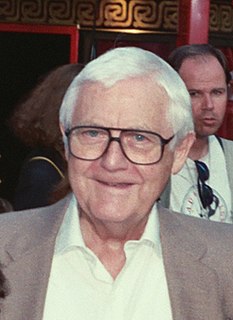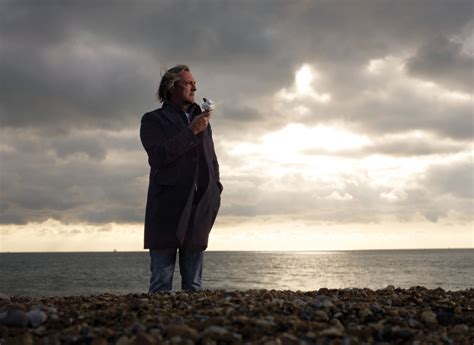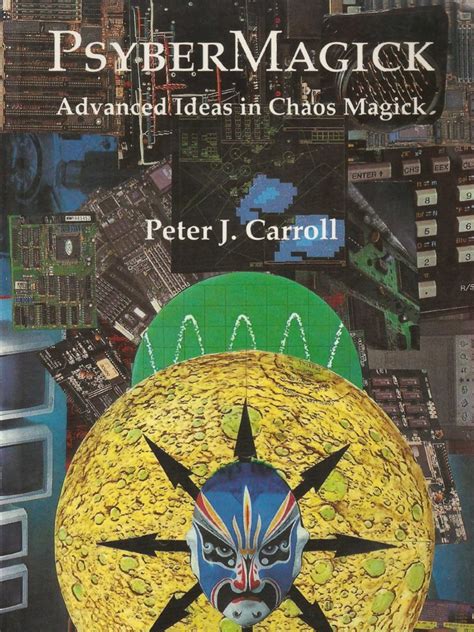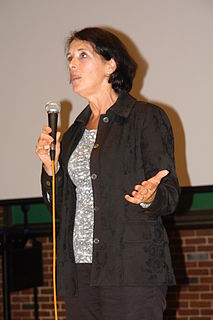A Quote by Winona Ryder
It's an indication of how cynical our society has become that any kind of love story with a sad theme is automatically ridiculed as sentimental junk.
Quote Topics
Related Quotes
Literature is an aspect of story and story is all that exists to make sense of reality. War is a story. Now you begin to see how powerful story is because it informs our worldview and our every action, our every justification is a story. So how can story not be truly transformative? I've seen it happen in real ways, not in sentimental ways or in the jargon of New Age liberal ideology.
When did "sentimental" become a pejorative barb? I do not at all share the notion that a piece of music, or a poem, or a film that bypasses the brain and aims straight for the heart . . . should automatically be heaped with scorn. I think it is symptomatic of a sad and dangerous impoverishment of spirit.
Amongst my friends, I am known as the most cynical person they know - I'm incredibly cynical. I don't believe in God, I don't believe in the supernatural, I don't believe in anything! And I'm terribly cynical, and somehow or other, all three of my films and much of my television work has been rather sentimental, and 'heartwarming'.
I'm trying to see if I can speak about our society today, but I cannot speak about the theme, because it's a bit difficult. I'm just starting to work on that. Because we live in a kind of world which has drastically changed in the last years. We speak about globalization, and how it's become the reason for everything. It has a kind of deep meaning. To be everywhere and to be nowhere at the same time. You think to globalize, you think, the Earth, it's your country. No, it's not your country. It's not easy to catch it in a cinema. It's too huge.
I've been a huge fan of Hal Ashby forever. And I think that the distinctive thing about 'Coming Home' is the love story, and how - kind of emotionally real it is, and how these two characters allow each other to see their - kind of vulnerabilities. And it's great because it's a love story that's not really that cheesy, either.




































